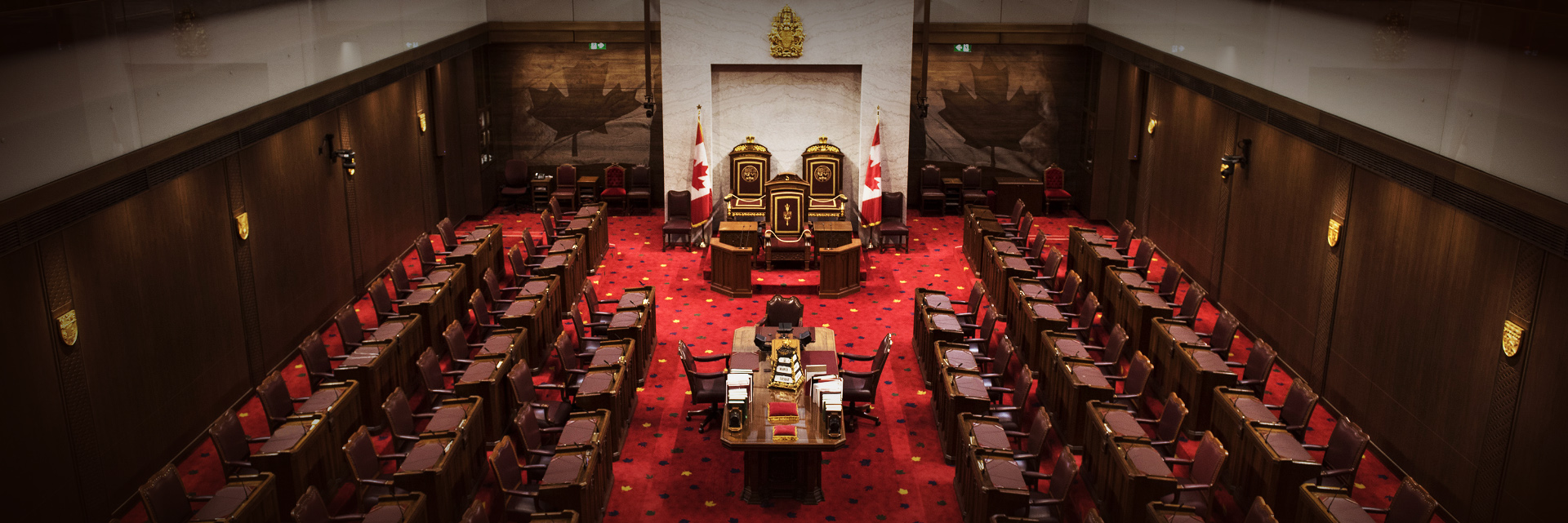
National Security Bill, 2017
Twenty-second Report of National Security and Defence Committee--Debate Adjourned
May 16, 2019
Moved the adoption of the report.
She said: Honourable senators, I rise today to speak to the most recent bill studied by the Standing Senate Committee on National Security and Defence, Bill C-59, An Act respecting national security matters.
I want to take a moment to thank my colleagues on the committee for their cooperation to complete a thorough examination of the bill. In total, four amendments were made to Bill C-59, which I will outline for you, as well as 10 observations.
The first amendment surrounds Part 2 of the bill, dealing with the intelligence commissioner. It adds a new section 13.1 under “foreign intelligence authorization.” This new section would allow the intelligence commissioner, in cases where she or he determines the conclusions of the minister were not reasonable, to refer the matter back to the appropriate minister along with conditions setting out what would make the conclusion reasonable. This amendment would affect the functions of the Communications Security Establishment in particular.
The second amendment concerns the “counselling commission of terrorism offence” found under the Criminal Code amendments to Part 7, clause 143 of the bill. The rationale of this amendment is to broaden the language slightly, as the term “counselling” was seen as too narrow by some of our witnesses.
The third amendment reduces the comprehensive review period from the sixth year down to the fourth year in subclause 168(1). A new subsection 1.1 in the same clause was accepted and will clarify what the comprehensive review must include, such as the effect of the act on CSIS, the RCMP and CSE, and their interaction with the National Security and Intelligence Review Agency, the intelligence commissioner and the National Security and Intelligence Committee of Parliamentarians. A subtle amendment to this new section was also agreed upon to include information sharing as part of the comprehensive review.
The fourth amendment adds a blank schedule to the act which would be populated by those particular deputy heads receiving direction in relation to Part 1.1 of the bill dealing with avoiding complicity in mistreatment by foreign entities. Should a deputy head receive a direction as contemplated by Part 1.1 of Bill C-59, they would then appear in the schedule.
As I previously mentioned, there were many observations appended to the report of Bill C-59 — 10 in total — and I would encourage fellow senators to review them.
Let me again thank all committee members for their diligent work, with particular attention to Senator Gold as sponsor and Senator Dagenais as critic, both of whom sat on the committee. I would also thank our clerk and analysts for their expedient and excellent work, as is always the case. Thank you.

